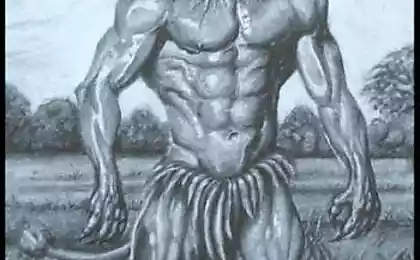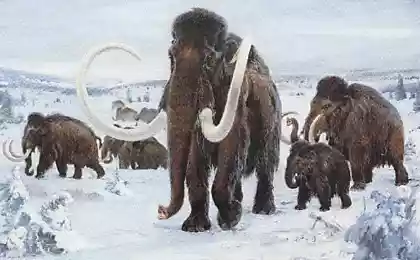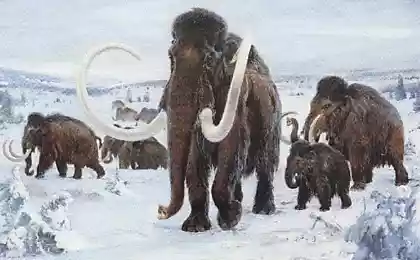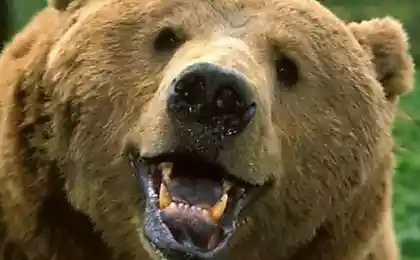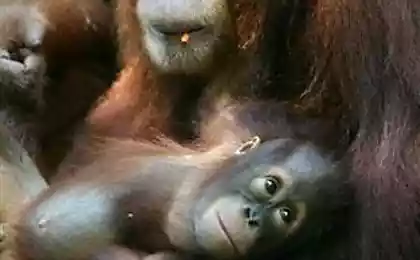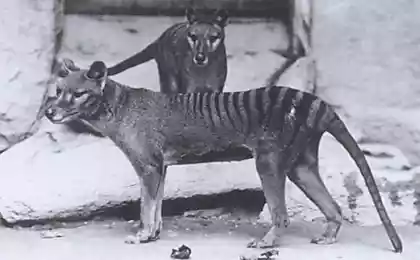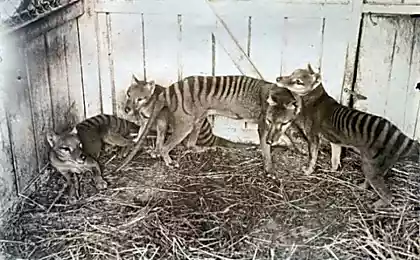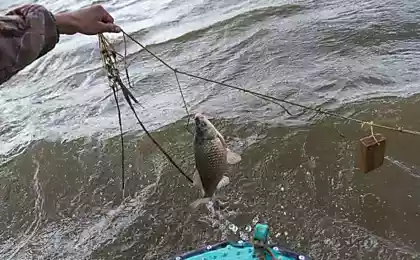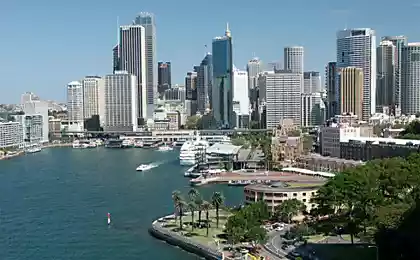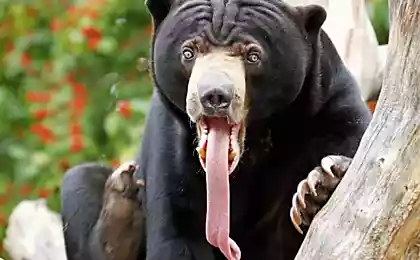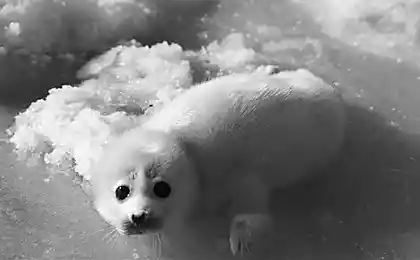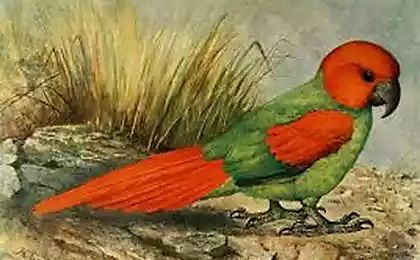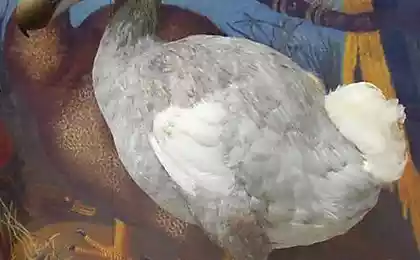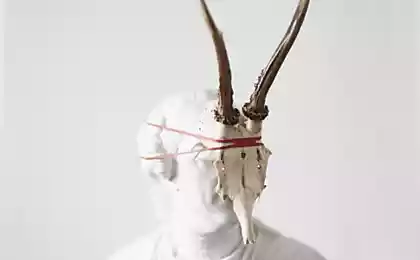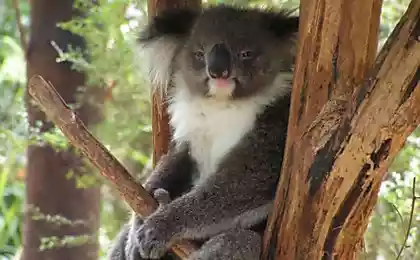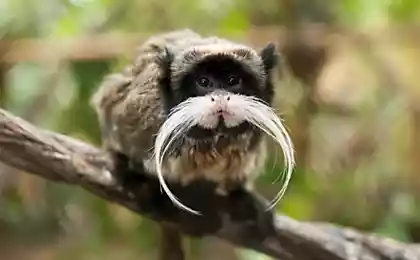517
The Australian Koala will soon be seen only in the photos
Marsupial a Koala bear, which in Australia is considered a national symbol, officially made the list of "species on the verge of extinction". This decision was accepted in connection with considerable decrease in the population of koalas over the last few years. These wonderful animals will only eat leaves eucalyptus trees, which are now ruthlessly cut down, and the increase of carbon emissions undermines the nutritional value of other plants. In addition, koalas are a boon for the fur traders, for whom even an official ban is not an obstacle for poaching.
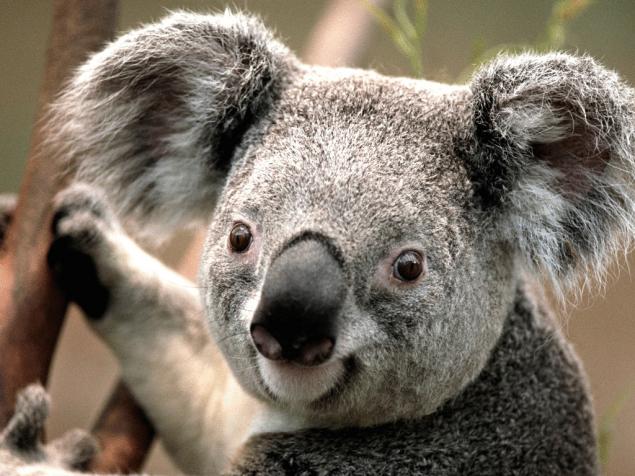
According to the Minister for the environment of Australia, Tony Burke, over recent years, the number of koalas has declined by 50 per cent in Queensland and by one-third in New South Wales. It is in these two States declared animals under the protection of the law. As explained by the Minister in his address, koalas are iconic Australian animals and have a special place in society. He believes that today, the Koala is threatened not just by poachers and loss of natural habitats in connection with the growth of urbanization, and death through collisions with vehicles, attacks by dogs and various diseases.
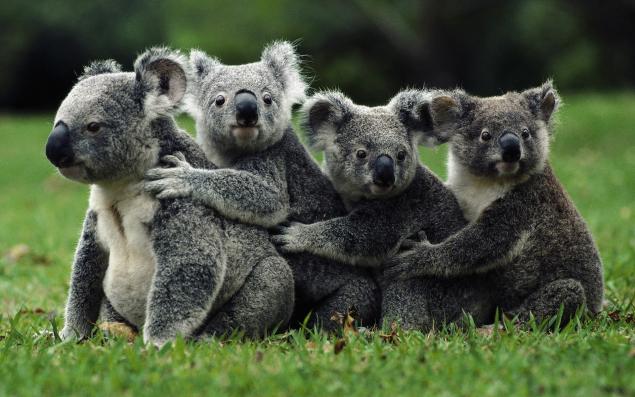
The number of koalas is difficult to track. As reported by the latest estimates of experts, today it varies from a few hundred to 45 thousand. Because of this, the government of New South Wales allocates additional funds in the amount of 600 000 Australian dollars to convene a summit to discuss the issue of preservation of koalas, including the development of a new approach to estimate the number of animals. Also at the summit want to evaluate the effectiveness of growing plantations of eucalyptus trees for the maintenance of koalas.
For its part, the activists, environmentalists Express concern that the Australian government is not doing enough to organize the conservation of populations of koalas in the country. They believe that animals should be included in the list of endangered species also in Victoria and South Australia.
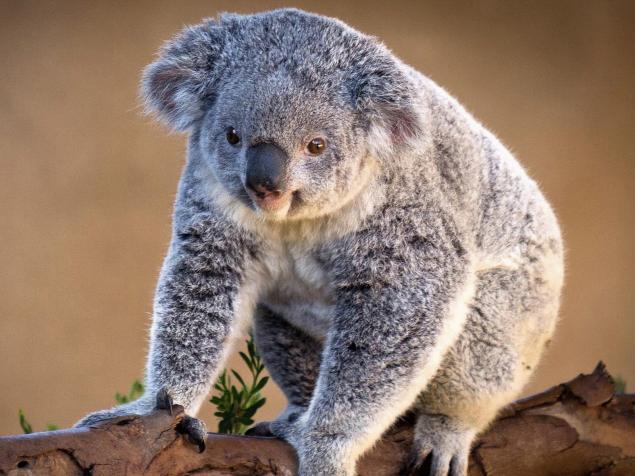
Source: /users/413

According to the Minister for the environment of Australia, Tony Burke, over recent years, the number of koalas has declined by 50 per cent in Queensland and by one-third in New South Wales. It is in these two States declared animals under the protection of the law. As explained by the Minister in his address, koalas are iconic Australian animals and have a special place in society. He believes that today, the Koala is threatened not just by poachers and loss of natural habitats in connection with the growth of urbanization, and death through collisions with vehicles, attacks by dogs and various diseases.

The number of koalas is difficult to track. As reported by the latest estimates of experts, today it varies from a few hundred to 45 thousand. Because of this, the government of New South Wales allocates additional funds in the amount of 600 000 Australian dollars to convene a summit to discuss the issue of preservation of koalas, including the development of a new approach to estimate the number of animals. Also at the summit want to evaluate the effectiveness of growing plantations of eucalyptus trees for the maintenance of koalas.
For its part, the activists, environmentalists Express concern that the Australian government is not doing enough to organize the conservation of populations of koalas in the country. They believe that animals should be included in the list of endangered species also in Victoria and South Australia.

Source: /users/413
Icemobile - eco-vehicles of new generation
Robo-fish will help protect water resources from pollution

